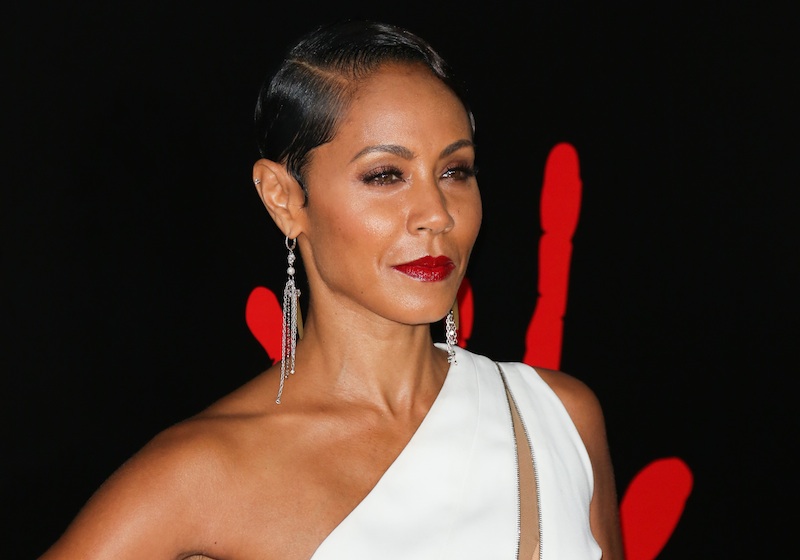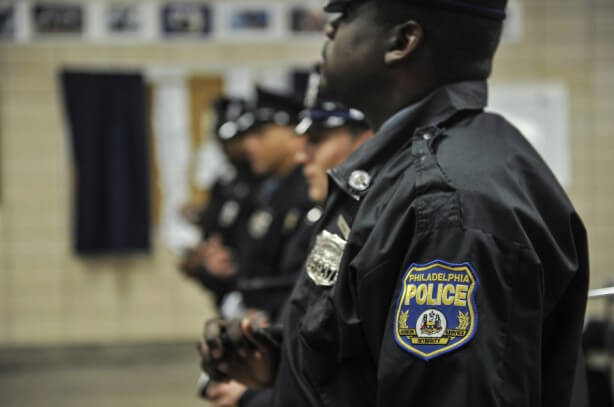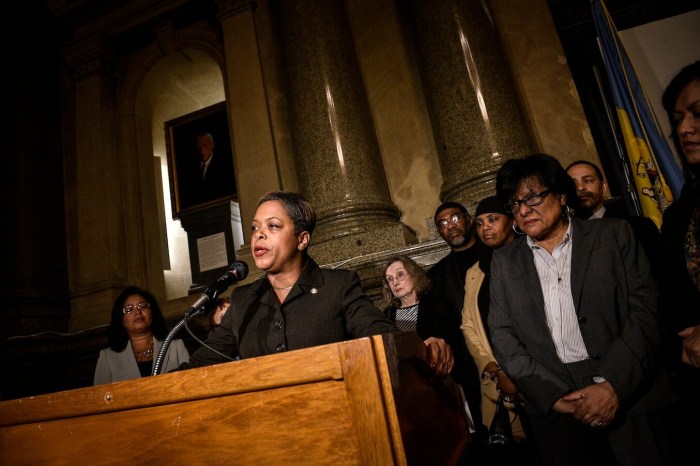By now, you probably know about the ongoing backlash surrounding the all-white acting nominations at this year’s Academy Awards for a second year in a row.
#OscarsSoWhite, the infamous hashtag being used to spotlight the controversy, has gone viral again – further sparking conversations about diversity issues in Hollywood.
But why did it take another year of awardsnubs to bring us back to this topic in the first place?
Looking closely, the Academy of Motion Picture Arts & Sciences is predominately white, male, and older – recent stats cite voters as 94% white, 76% male, with an average age of 63. So regardless of nomination outcome, the problem is larger than that. Which is why I’m not personally a fan of what appears to be a very narrow-minded push to boycott of the Academy Awards.
For one, industry award shows are political and petty. Often times, big studio heads and brands dominate campaigns to get certain actors and films consideration. Does the name Harvey Weinstein ring a bell? The well-known film producer and co-chairman of the Weinstein Company is notorious for pushing such films as “Shakespeare in Love,” “The Artist,” and “The King’s Speech” into Oscar-winning glory. Which suggests that perhaps the problem is beyond just getting nominated, but the nature of the business itself. There is a lack of black filmmakers, producers, directors that are even a part of the industry to play such politics. And for decades, black entertainers have had to rely on white corporate figureheads to invite them to the table. For any black entertainer to simply be disgruntled with the Oscars now because of not being one of the few, the proud, or the only to be nominated – is a first world issue. To boycott the vested interests that continue to hold the strings isn’t smart either. One solution that could work would be for the conversation and suggested activism to shift away from award shows in general. They aren’t going away anytime soon, and just because you have a good year for diversity wins doesn’t mean the deep-seated industry issues are resolved. I would encourage black celebrities such as Will Smith, Spike Lee and host Chris Rock to use their global influence to push for industry changes year round and not just during awards season. Because it seems as though there is a level of self-centeredness when using award show rejection as a catalyst for complaining about problems in the business elsewhere. I argue that Will Smith’s wife, actress Jada Pinkett Smith, wouldn’t have made her recent viral video urging others to boycott the Oscars if her husband would have been nominated for his role in “Concussion.” But again, these are first world problems. Meanwhile in Flint, Michigan, there are predominately poor black communities drinking contaminated lead-infused water.
Hopefully these very passionate celebrities can channel their energies about missing one less industry award to actually saving lives.
But perhaps I’m just reaching for the stars, literally.
The Ernest Opinion: #OscarsSoWhite is a first world problem that can be more impactful

Getty Images


















